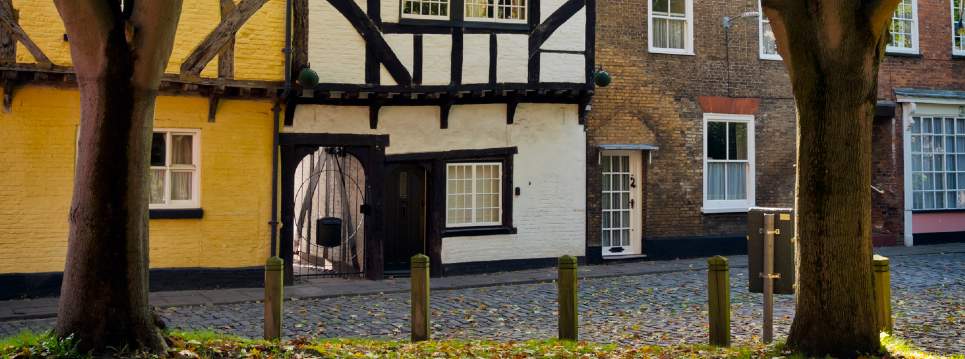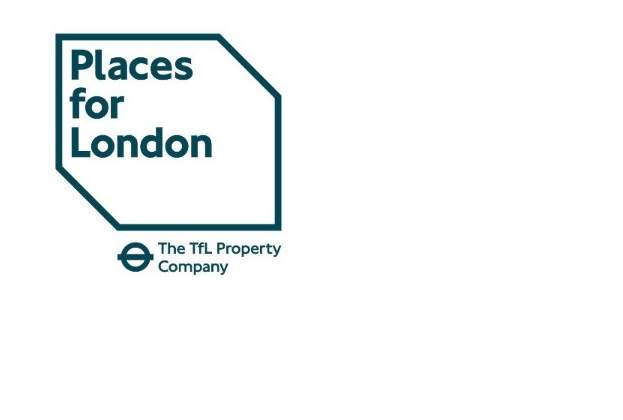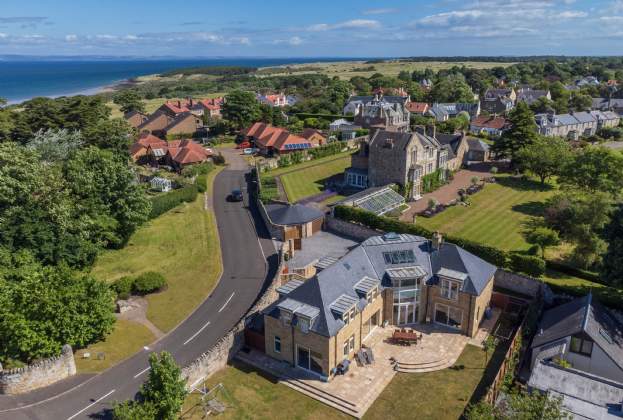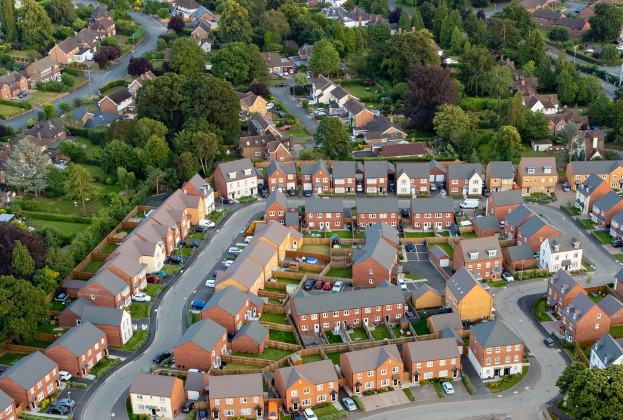Best and worst value commuter stations
Generally, total monthly spend on mortgage repayments and season ticket costs decreases with longer journey times from the capital. This means more expensive season tickets are offset by the lower house prices available in locations further from London.
This is true until the 100 – 119 minute time band where season ticket costs increased considerably and so although house prices remain lower, overall costs are actually higher than stations in the 80 – 99 minute time band. But it’s very likely that commuters from these stations will only travel 2-4 times per week and so they remain a feasible option for part-time commuters.
However, there are huge variations in terms of overall costs, with value to be found in pockets across the country belt.
19-39 minute commute: For those looking to prioritise a shorter commute, the most expensive station to live near is Oxshott in Surrey – where commuting home owners are paying an average of £7,865 per month for a season ticket and mortgage cost combined.
While the cheapest place to live is Chatham in Kent costing £1,529.
40-59 minute commute: In this bracket the most expensive area is Virginia Water in Surrey (£5,573), where the morning commuter train into London Waterloo takes around 50 minutes, and the cheapest is Gillingham in Kent (£1,433), where the average second hand home is just £253,178.
60-79 minute commute: Micheldever in Hampshire (£3,535) is the most expensive place to live. Homes here cost on average £792,815. The cheapest is Dover Priory (£1,454). The quickest commuter trains from here take 66 minutes – but, there’s only one fast train an hour.
80-99 minute commute: The priciest place is Kingham in Oxfordshire (£3,855) and the cheapest is Sheerness-on-Sea in Kent (£1,297). As well as lower average house prices – monthly season ticket costs are on the lower end – at £507 a month.
100-119 minute commute: In the 100-119-minute bracket, the priciest is Brockenhurst in the New Forest (£5,072) and the cheapest is King’s Lynn in Norfolk (£1,420), where average house prices are just £187,316. But, even the fastest train will take you almost two hours to get into London’s Kings Cross.
Further information
Contact Frances McDonald


.jpg)
.jpg)
.jpg)


(1).jpg)
(1).jpg)

.jpg)